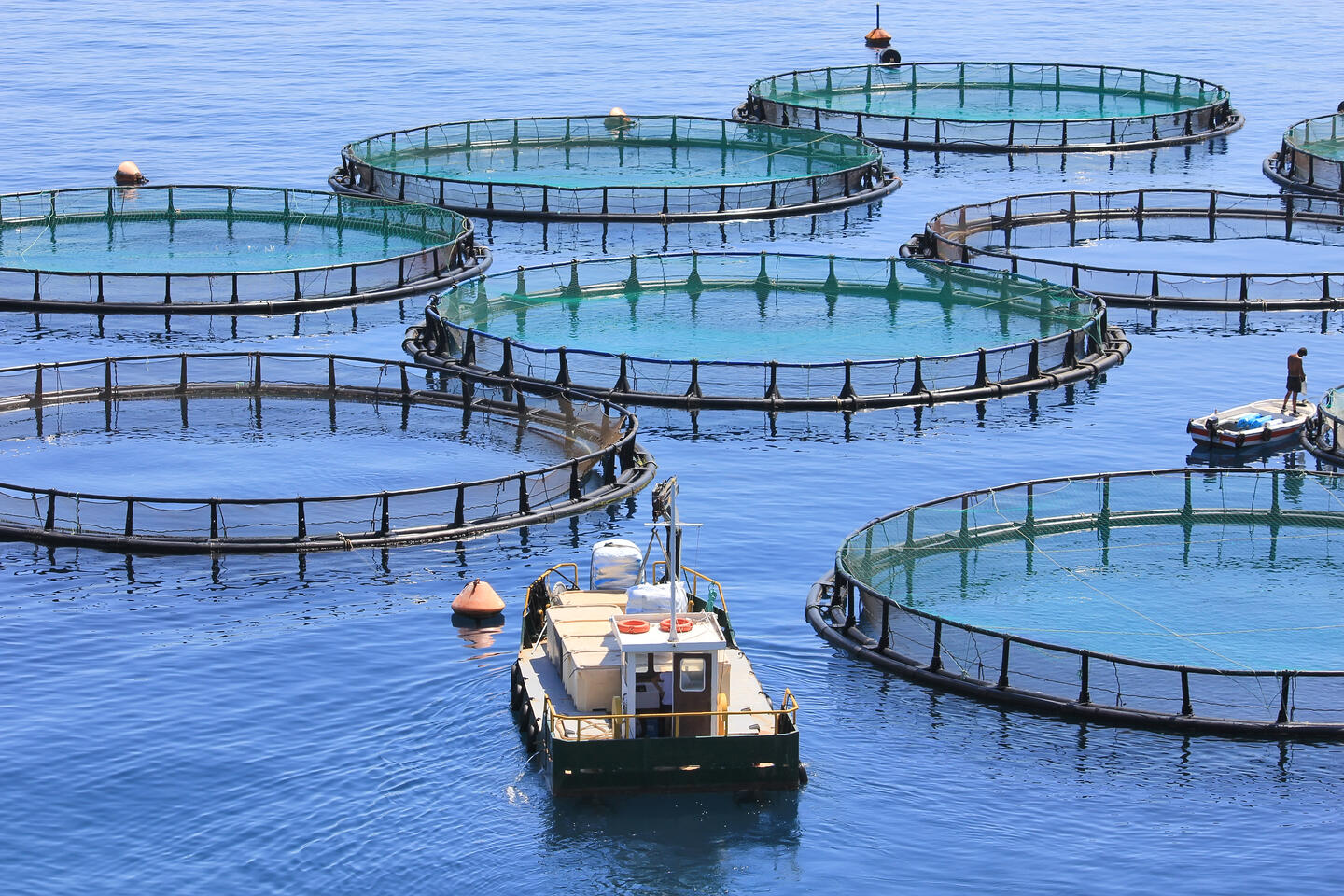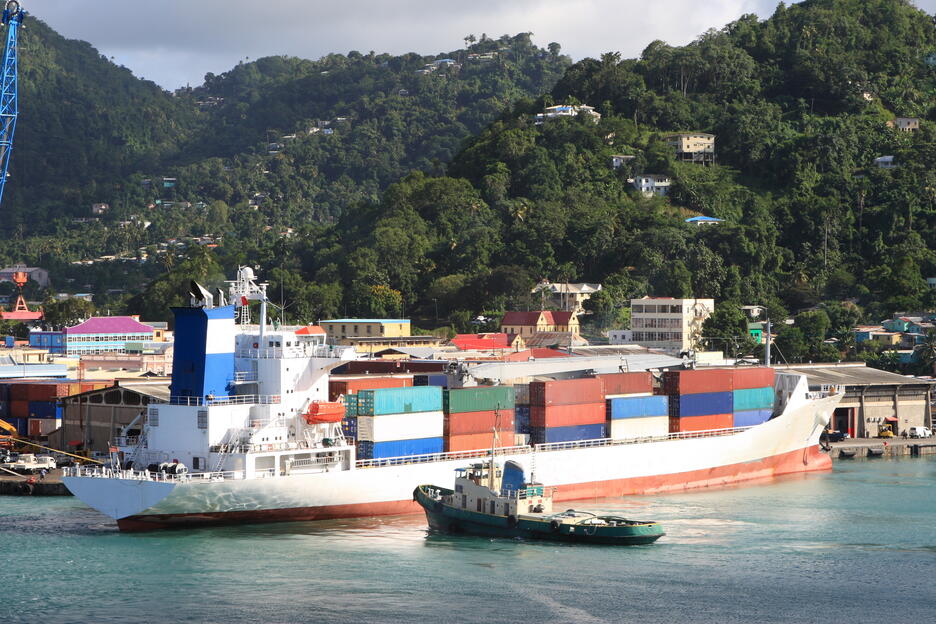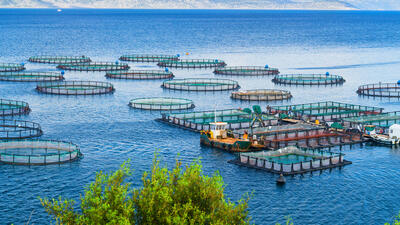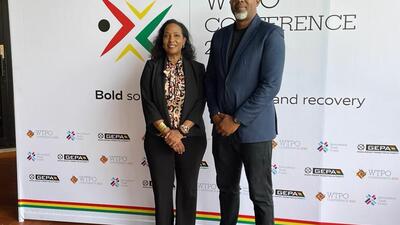
The ‘blue’ answer to a thriving business climate
What constitutes a successful oceans economy for small businesses in Barbados?
Collaboration, data, innovation and technology! A recipe for success.
By Beverley Alleyne, Manager Oceans Economy, Barbados Investment and Development Corporation
Impressive statistics on the blue economy, its economic contributions and burgeoning potential are marking discussions worldwide. Indeed, oceans contribute $1.5 trillion annually in value-added to the overall economy and this number could reach $3 trillion by 2030; in 2020 an estimated 58.5 million persons were employed in primary fisheries and aquaculture alone; and the oceans provide the main source of protein for more than one billion people around the world.
The expectation that the blue economy holds the answer to future economic prosperity is by now well established, with international resources streamlining towards blue initiatives that support trade and economic activity.

The Barbados Investment and Development Corporation (BIDC) has instated an Oceans Economy pillar as one of three strategic corporate pillars, to initiate and facilitate transformative industry solutions for the successful economic growth of businesses within the blue economy.
This requires a network of stakeholders, original capacity-building initiatives to support business innovation around market needs, and financial resources to support these efforts.
The goal for BIDC as a national business support organization, is realizing internationally competitive companies that contribute to economic diversification, prosperity and social well-being for all through increased exports, employment creation, and new investments. But how does one create an environment that engenders innovative, competitive small business businesses that deliver meaningful solutions in the blue economy?
One of our initiatives seeking to answer this challenge, was a Call for Solutions in collaboration with Compete Caribbean. While trying to stimulate innovation focused on real market needs in the blue space, the private-sector respondents were encouraged to use cutting-edge technology wherever possible in exploring fisheries, mariculture development, marine biotechnology, waste management, data collection, or the energy sector.
Two companies working in data management and fisheries were shortlisted for further technical and financial assistance.
The initiative highlighted the urgent needs of small businesses in accessing information to locate relevant resources, be it skilled human resources or production inputs; in cross-sectional data to connect the dots to latent trade opportunities; in understanding market trends and developments to adjust their business models; and in understanding their regulatory environment – and this is particularly true of the blue economy where government regulations are increasingly required to balance the growing demand for ocean resources that could potentially have deleterious effects on reefs, resources, biodiversity, and the integrity of the environment.
The onus is on regional business support organizations and other supporting stakeholders to address these needs.

Innovation in the blue economy calls for specialized skills, scientific knowledge and ingenuity, especially considering that a lot is either under-explored or unexplored within the Caribbean’s oceans, for instance wave energy, marine bioprospecting, mariculture, sargassum repurposing.
There are exciting possibilities for innovation and technology to advance trade in the sector while addressing the cause of sustainability and proper management of ocean resources – from fish traceability to reef monitoring, from tourist entertainment offerings to data mining and research to help inform policy and regulation.
However, it is imperative that new policies, programmes and regulations keep pace with innovations and rapidly advancing technology. If these outpace the infrastructure in which they operate, the very innovation and technological advancement being encouraged will be stymied.
The private sector plays an important role in working with governments to help articulate policies and regulations on emergent technologies. The blue economy stakeholder architecture must work in sync to achieve collaboratively what cannot be achieved in silos. The overarching objective of industrial growth and trade capacity must be the objective for the whole architecture and not just a single dedicated entity.

There is much work to be done for business support organization such as ours and intergovernmental agencies to realize the touted potential of the blue economy. Calls for Solutions in very targeted challenge areas must continue.
Focused financial resources and investment should support scientific research, high-level technical training and knowledge expansion, particularly in under-served areas within the blue economy, while aligning to national priorities and the UN Sustainable Development Goals.
In so doing, one can expect a concomitant increase in business savvy innovators and small businesses better equipped to bring new ‘blue’ goods and services to market, thereby contributing to economic diversification, job creation and economic advancement next to well-being for all.













